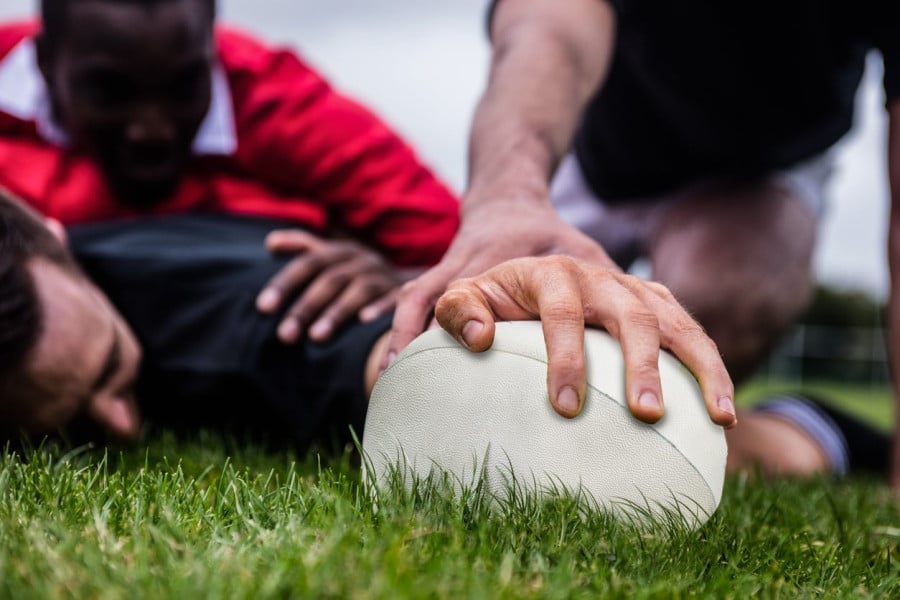Tackling liability: Lessons from Elbanna v Clark on negligence in sports injuries

Elbanna v Clarke is the latest in a string of High Court (London) cases determining liability for sporting injuries, which now includes: Tylicki v Gibbons1; Fulham Football Club v Jones2; and most recently Czernuszka v King3. In Elbanna v Clark4, Sweeting J found an amateur rugby player liable for injury he caused when “playing an opponent” without the ball. Like those before it, the determination turned on the facts of the case. Following a kick-off, the Defendant ran at speed in the direction of the Claimant and collided with him, causing serious spinal injury.
Although the law is now well settled that recklessness is not a necessary element of holding sports players liable for injuries caused during play, the judge did conclude that the Defendant had been reckless by running full speed towards the Claimant and by colliding with him in the manner that he did. This article analyses the case and summarises the key points for establishing negligent liability for serious sporting injuries under UK law:
Please note that numbers in [square brackets] below refer to the relevant paragraphs from the decision.
To continue reading or watching login or register here
Already a member? Sign in
Get access to all of the expert analysis and commentary at LawInSport including articles, webinars, conference videos and podcast transcripts. Find out more here.
- Tags: Negligence | Player Safety | Player Welfare | Rugby Union | World Rugby Union
Related Articles
- Personal Injury in Horseracing: Court Finds Jockey Guilty of Reckless Disregard For Safety
- Fulham FC v Jones: When Is There Civil Liability For Causing A Serious Injury In Football?
- Czernuszka V King: Rugby Player Found Negligently Liable For “Revenge Tackle”
- How courts assess negligence in sports injury cases: lessons from rugby, football and horseracing
- Sport, Safety and Participation – Annual Review 2023/24
Written by
Carin Hunt
Carin Hunt joined Outer Temple Chambers in September 2019, following her pupillage in which she gained experience across the core practice areas of chambers, including clinical negligence and personal injury, employment, international injury and travel, private client, court of protection, pensions, and public law.




